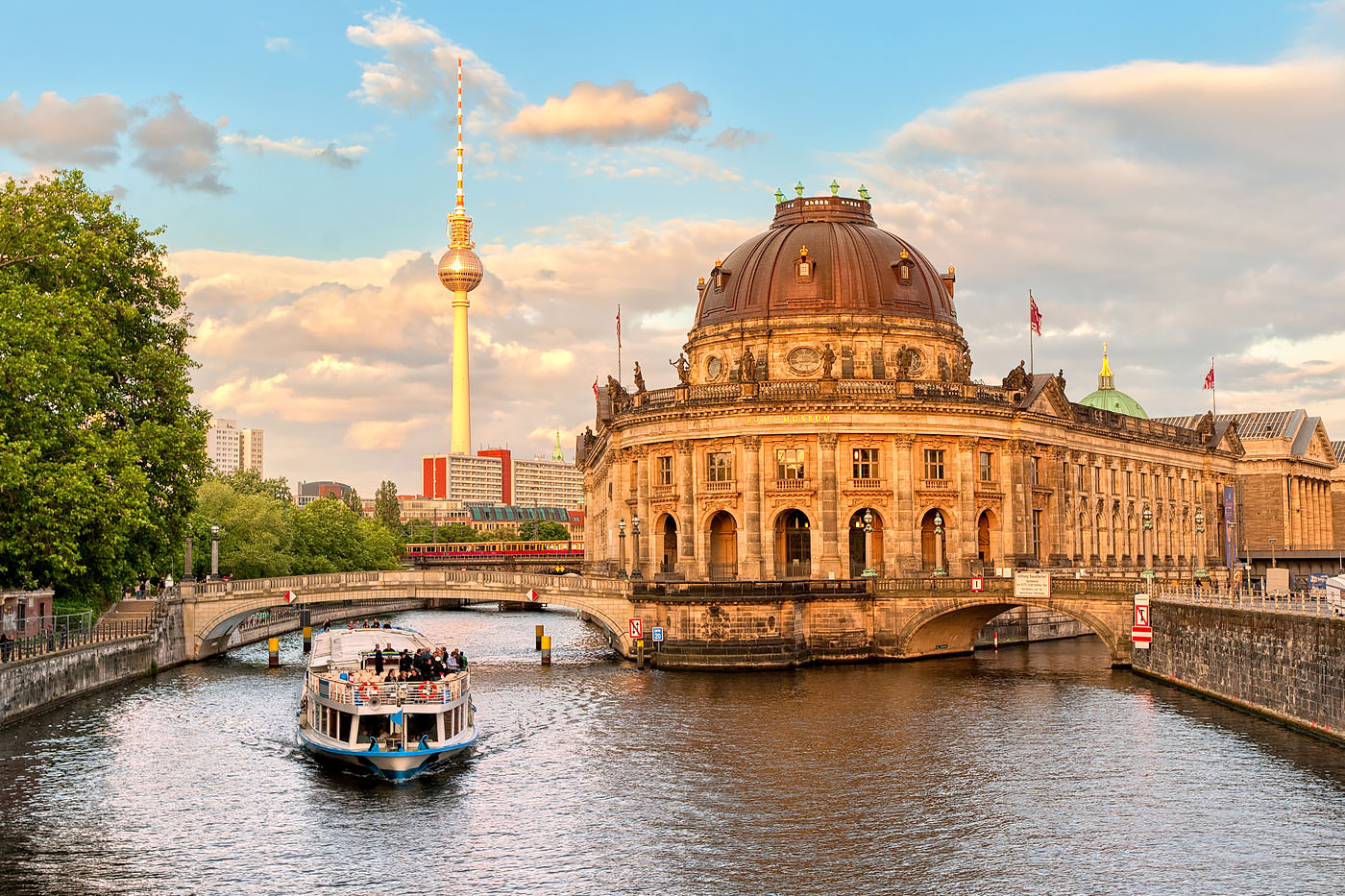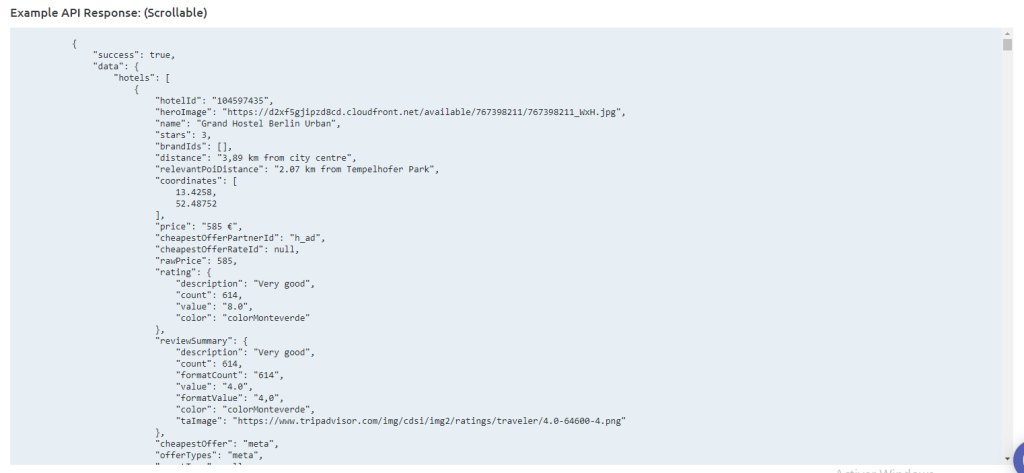Berlin, the third most visited city in the European Union, is located 70 km from Poland and is bordered by the rivers Spree and Havel. The etymology of Berlin comes from the words berle or berlin. They mean uncultivable land or land made unfit for cultivation due to its marshy terrain. Berlin is characterized by having a tenth of the population originating from other countries, being the Turks the most representative group. This list is followed by Italians, Poles, and Russians. Did you know that more than half of Berlin’s population does not profess any religion?
Berlin reaffirms the belief that “the standard of living of a society is not measured by the number of new cars bought by the wealthy sector of society, but by the number of people in that social sector who travel by public transport”. From this point of view, the network is integrated, modern, and punctual. Buses, trains, streetcars, subways, and cabs cover the entire spectrum efficiently and cleanly. Berlin has a lot to offer in addition to its main tourist attractions. You can, for example, explore the traces of history in the Art Nouveau housing estates, which are a UNESCO World Heritage Site, as well as enjoy its museums, gastronomy, and shopping.
Tourism is one of the main drivers of the world economy. In fact, it makes up 10.4% of global GDP with a contribution of $8.3 trillion, according to the latest annual report from the World Travel and Tourism Council (WTTC). But what is the reason for this steady growth in the travel industry? We should note that online travel search, the variety of booking tools, and price comparators accessible to all users are driving the development of this sector.
This led to a growth of online travel service providers, which also had to implement new technologies to provide a better quality of service and thus be more competitive. This leads us to the popular APIs, which are interfaces that allow the integration of connections with external information sources, such as the Hotel APIs that connect these platforms with hotels and their availability.
Travel APIs: Essential for Tourism Technology Adaptation
We cannot deny that technology has affected our present, but above all the way we consume. Today most people choose to consume through a mobile device or from the comfort of their home, so digital platforms take more relevance. Today some of them have become big empires such as eDreams, Booking, or Expedia.
With a greater number of service providers and platforms, competition becomes a constant race in trying to provide the best experience and the best services in the least amount of time. Hotel APIs are key because they allow access to information in real-time. If you are just starting out, we suggest you get to know FlightLabs, a Travel API that will surprise you with the wide variety of its services.
More About FlightLabs
FlightLabs is a Hotel API that enjoys a lot of popularity in the market, since it has grown, expanded, and today provides a global and varied service. You will be able to count on reliable, first-hand information, and with the shortest response time in the market. This API provides global coverage and can provide information on hotels, flights, airlines, airports, aircraft, and even tourist services such as car rentals.
It will be very easy for you to start working with this API. You will be surprised by the simplicity of its interface, but the professionalism of its results. It is compatible with most digital platforms, as it supports most programming languages such as PHP, Python, and JSON, among others. Don’t wait to integrate FlightLabs into your platform and see incredible results!



